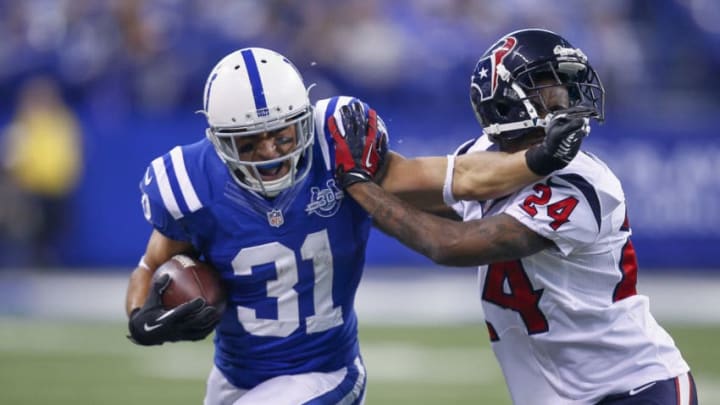After six seasons of personnel decisions by Los Angeles Chargers general manager Tom Telesco, ranking his eight best and worst moves, starting at No. 8.
As the offseason rolls on with training camp still sitting well down the line, now seems to be a proper time to reflect on player transactions made by Los Angeles Chargers general manager Tom Telesco throughout his six-year tenure.
I’m a fan of history, and noting the ripple effects of both the mistakes learned from poor decisions and triumphs from good ones help not only puts the upcoming season into perspective, but also give insight into future moves.
Thus, we’ll look at the best and the worst moves of Telesco to this point, beginning at No. 8.
No. 8 Best Decision: Signing OT King Dunlap
This might be one of the more forgotten moves by Telesco, but at the time, it was a complete game-changer. The Chargers were plagued by offensive tackle issues for years, one year removed from suffering a massive contract hit by later-busting tackle Jared Gaither. Gaither was a player that essentially “stole” from the Chargers, and is a prime example of what it looks like to flame out of the league after being paid.
In walks Dunlap, who in his own right wasn’t productive with the Eagles after being picked as a seventh round selection. Telesco, who is now largely known as the “coupon god”, found a gem in the form of a 6-9, 330-pound mountain.
It was the first of many hidden players that the Chargers GM would go on to find in the free agency “trash pile”. Dunlap immediately stabilized the blind side of the Chargers offensive line, and played a pivotal role in taking the team to the playoffs in his first year. If not for concussion problems, he may still be playing the left tackle spot currently held by Russell Okung. This was a great move, but still ranks lower on the list because he retired due to injuries.
No. 8 Worst Decision: Signing RB Donald Brown
It made perfect sense, so that’s why it comes in at No. 8 and not much higher. Here’s what the Chargers got from Donald Brown’s three-year, $10.5 million contract:
- 452 yards in two seasons
- Two fumbles and just one touchdown
- Mike Scifres getting killed on a punt
I get it: Ryan Matthews wasn’t blossoming and was always injured. He had a 5.3 yards per carry rushing average the year before he was brought in, and had great potential coming from an offense in Indianapolis that never truly featured him. What a bust.
Next: NFL 2018: One breakout candidate for each team
He remained behind Danny Woodhead, and eventually even further down the depth chart with the emergence of undrafted free agent Branden Oliver. The good news is that it didn’t cost the Chargers much financially, but it was still a poor decision. It also gave Telesco the stigma of always taking players from his former employer, the Colts.
